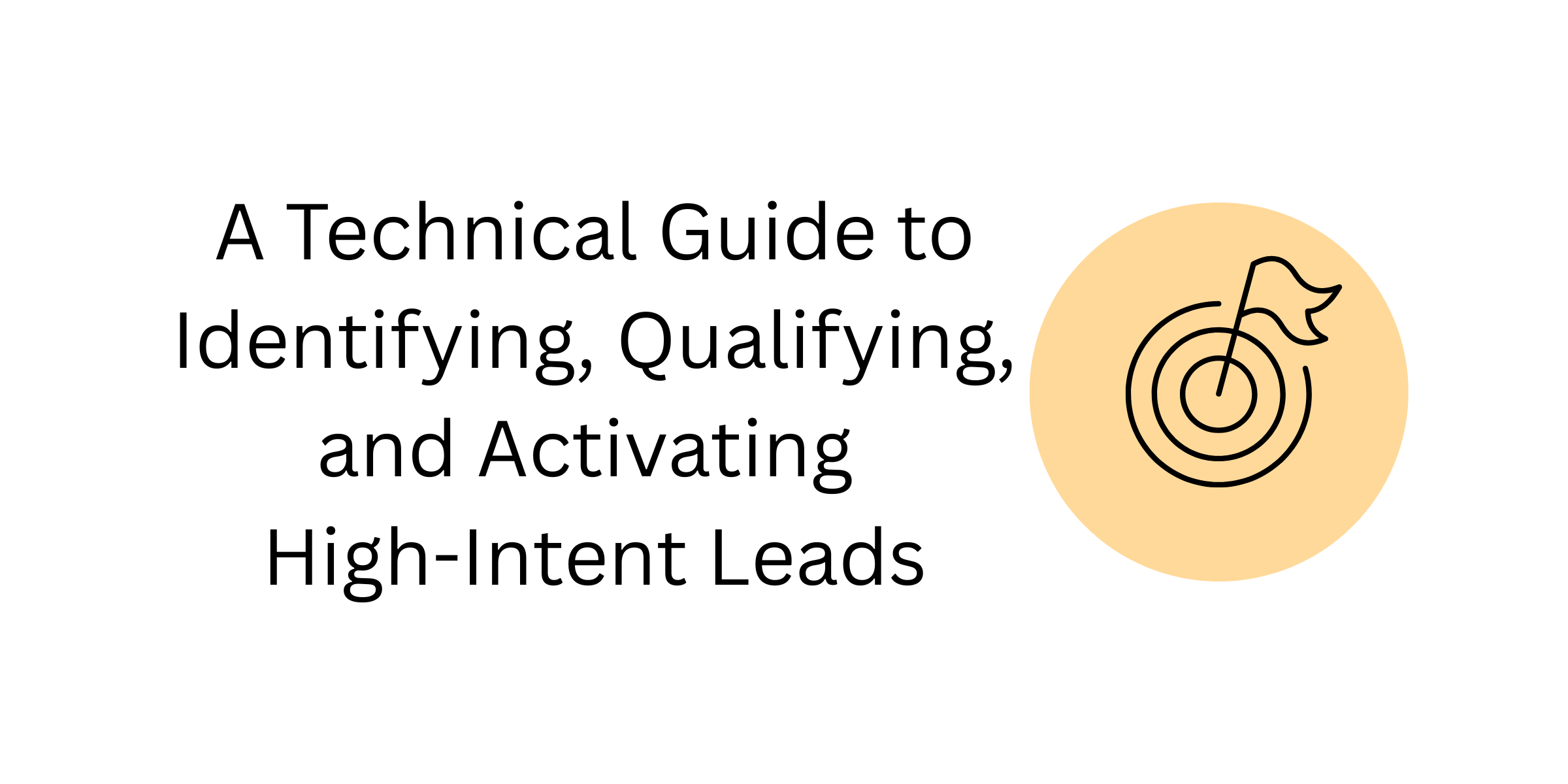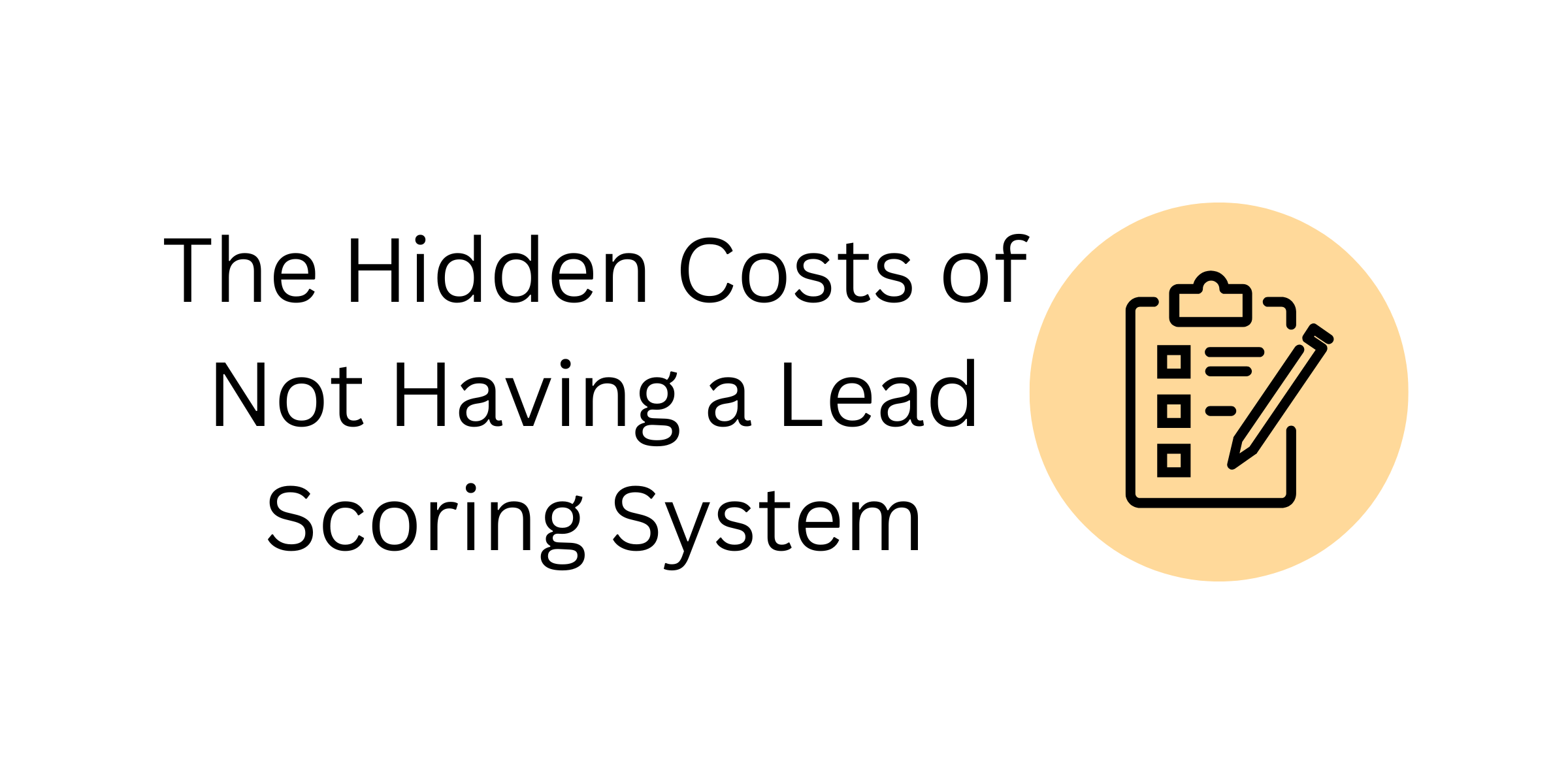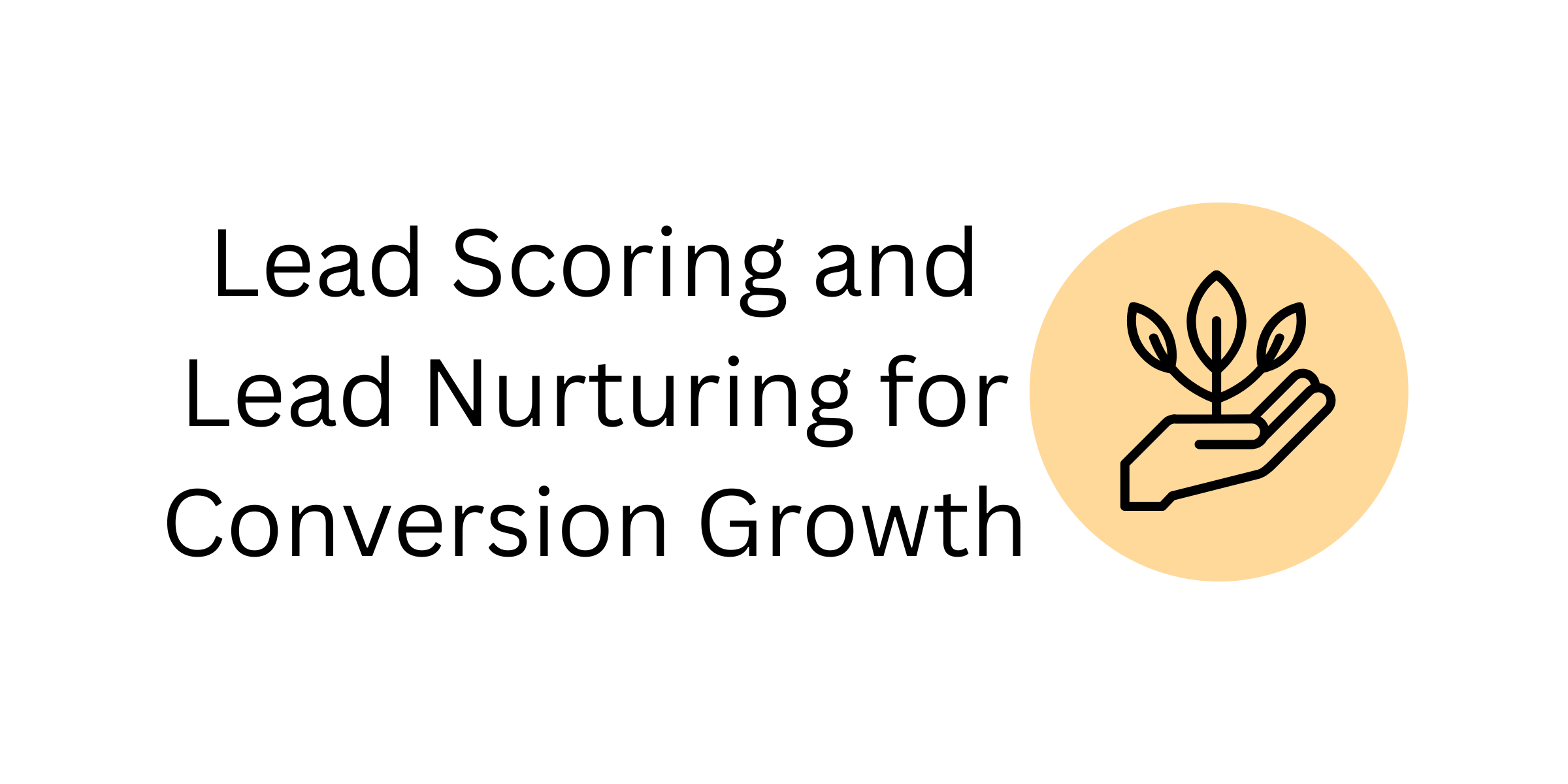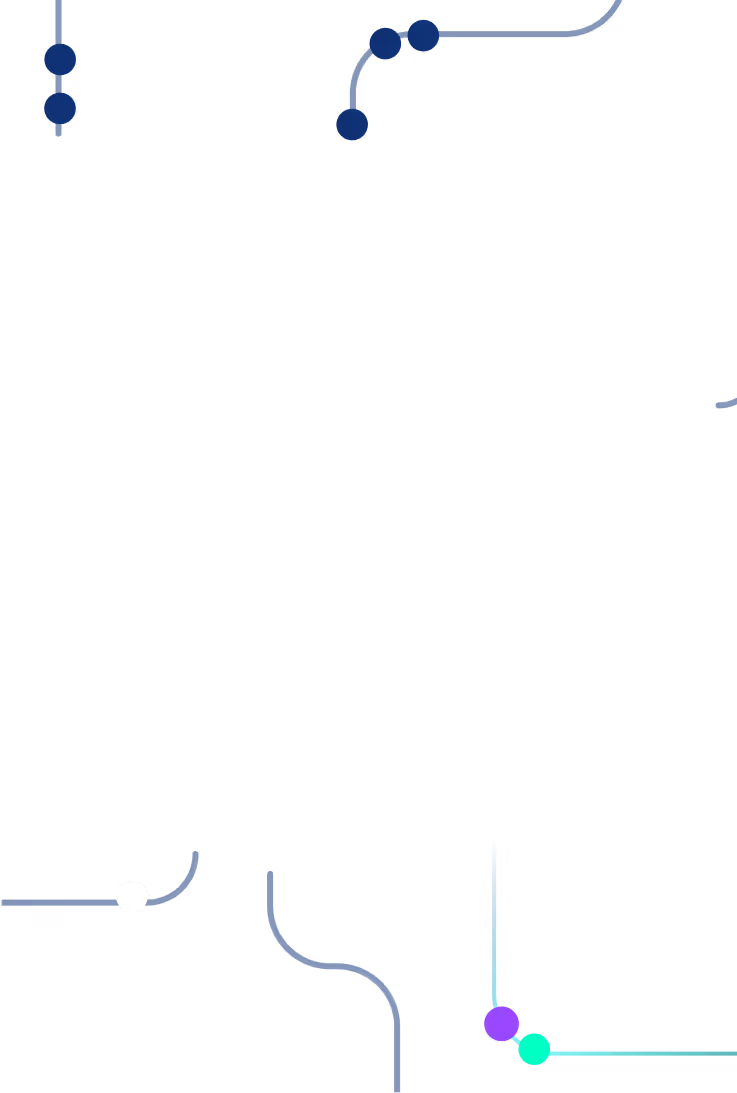CRM vs ERP: What’s the difference and which do you need?
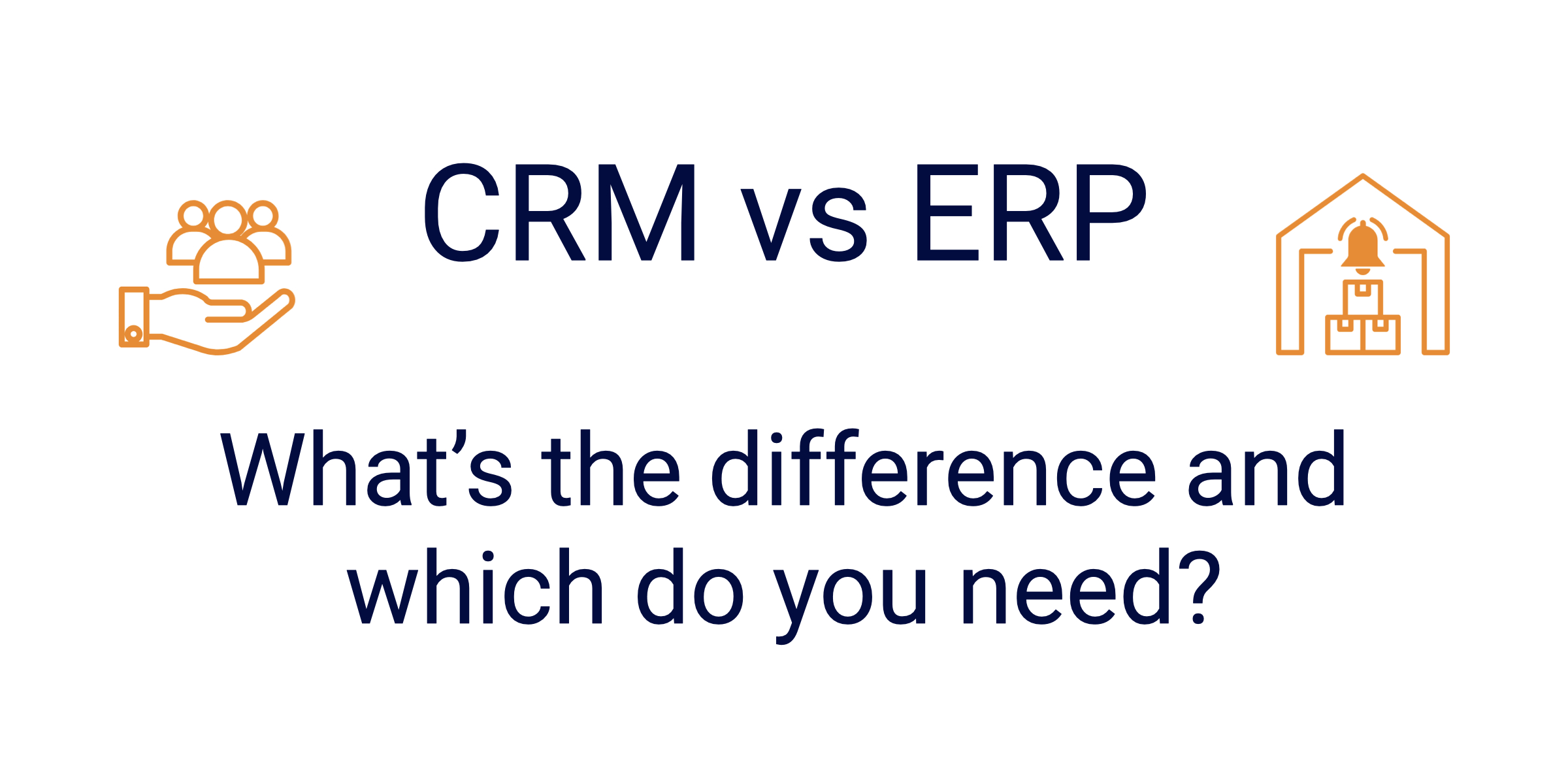
CRM vs ERP: What’s the difference and which do you need?



As your business grows, you might reach a point where spreadsheets and basic software no longer meet your needs. Systems that worked when your business was smaller no longer cut it as your needs grew in complexity. This is a common problem businesses face.
If this sounds like your business, we are here to help demystify your options and support you to make worthwhile changes.
CRM (Customer Relationship Management) and ERP (Enterprise Resource Planning) are solutions businesses can use to manage data. These two systems can complement each other, but they are often confused. So, before we explore which system best suits your business needs, let's look at what they do.
What is a CRM?
CRM systems focus on managing customer data, sales pipelines, marketing and support. Some of the key features of a CRM system include:
- Contact management
- Sales tracking
- Marketing automation
- Customer service tools
Typically, the people using a CRM system are sales teams, marketing departments and customer support.
If you would like to dive deeper into CRM, read our ‘Guide to Customer Relationship Management’ blog.
What is an ERP?
ERP systems focus on integrating core business functions like finance, HR, inventory and supply chain into a single system. Some of the key features of a CRM system include:
- Accounting and finance
- Inventory and order management
- Human resources
- Procurement and logistics
Typically, the people using an ERP system are operations teams, finance teams and upper management.
CRM vs ERP Compared
The image below shows the main differences between CRM and ERP systems, including thier primary functions, users and the data they handle. Click here to download this image as a PDF for your reference.
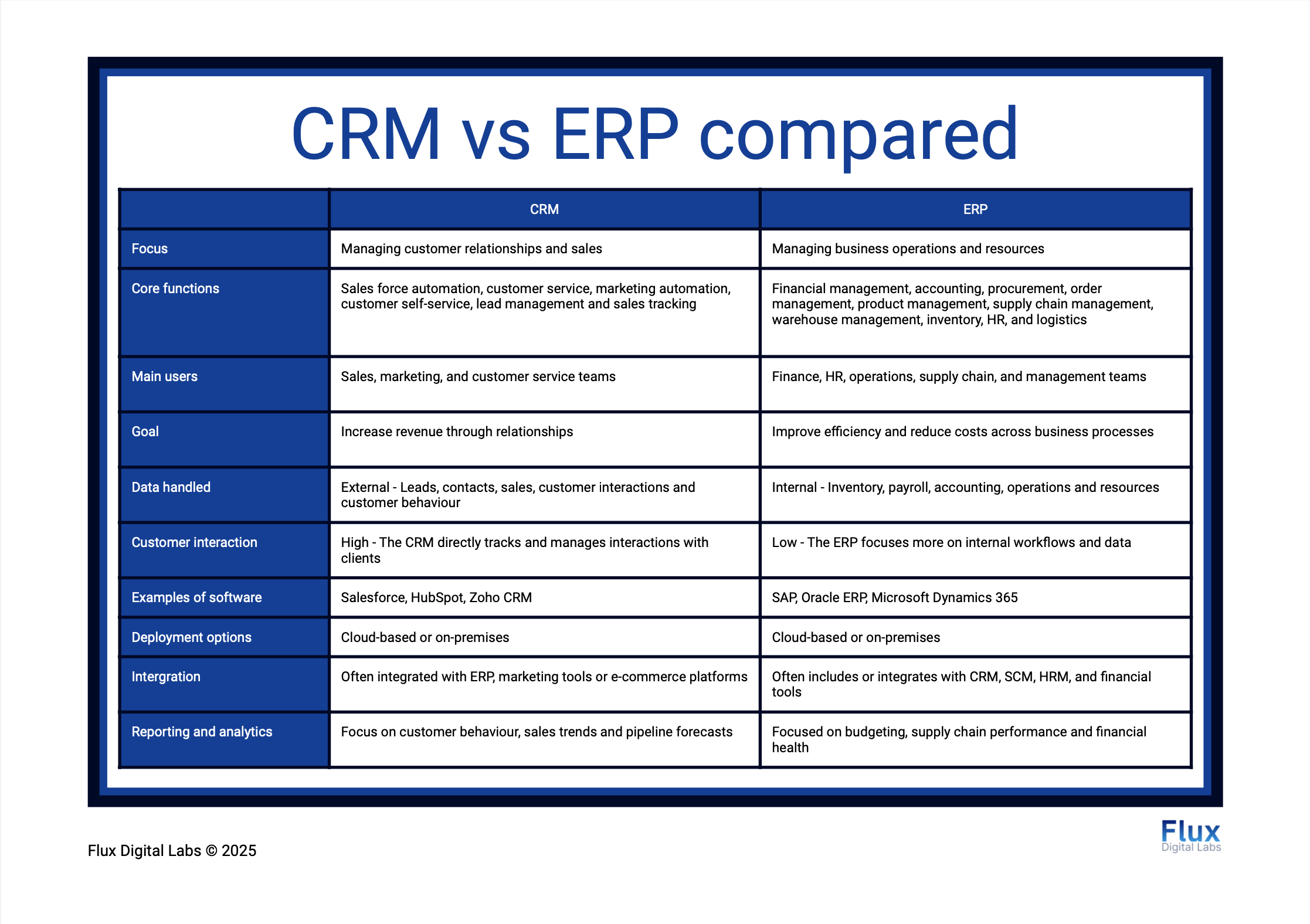
Is a business likely to need a CRM system, an ERP system or both?
The image below shows the main industries and business characteristics that use CRM systems, ERP systems, and both systems. Click here to download this image as a PDF for your reference.

Do you need a CRM, an ERP, or both?
So, which system is the right fit for your business, or perhaps the answer is neither, or maybe both?
The decision of which system to go for will be personal to your business and your current circumstances.
As a general rule of thumb:
- If you have a sales team, but no centralized customer data or you want to grow sales or manage customer relationships better, then you probably need a CRM.
- If you’ve outgrown your accounting software or you are struggling with inventory, payroll or financial reporting then you probably need an ERP.
- If your business is growing fast and you need sales growth and operational efficiency, or if you want end-to-end visibility, then you would probably benefit from CRM and ERP.
If you are still unsure, book a free 15-minute assessment call.
Integrating your CRM or ERP system
Lots of available platforms offer integrations between CRM and ERP tools and some providers offer both CRM and ERP systems within one tool. Finding out how well systems integrate often involves extensive knowledge of the systems and the skills to be able to set them up correctly.
We recommend aligning your decisions with your current business pain points and your growth stage.
Book a 15-Minute CRM/ERP fit assessment
Wrapping up
If your business needs are mainly focused on the customer side, a CRM system is probably the best fit for you. If your business needs are mainly focused internally, an ERM system is probably the best fit for you. If you need help with both, then finding a solution that integrates seamlessly with your current systems is vital.

